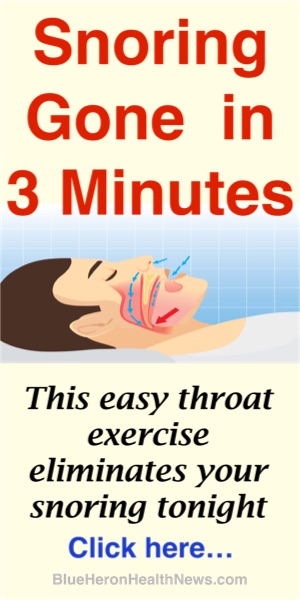Insomnia affects approximately one-third of the adult population and contributes to increased rates of depression, anxiety, health problems, and social disability.
Understandably, people experiencing sleep problems are increasingly seeking medicinal ways of addressing the problem.
Due to personal experience, I don't recommend sleeping pills, but I am a huge advocate of better diet and lifestyle changes to improve sleep quality. And herbal sleep aids can form part of this holistic approach.
Indeed, the plant kingdom offers some interesting and scientifically proven natural alternatives to pills in the form of sleep herbs.
In this article, I'll look at three herbal extracts that have science on their side for proven improvements in sleep quality, and introduce you to another fairly new nature-inspired supplement.
The Best 3 Herbal Sleep Aids
1. Ashwagandha
The root or whole plant extract of ashwagandha (Withania somnifera) is used to help induce sleep in the Indian system of traditional home medicine, Ayurveda.
It is also used to treat stress, anxiety, and depression.
Subject to numerous studies, ashwagandha has shown positive improvements on sleep – largely because it helps to reduce anxiety.
Ashwagandha Side Effects
Ashwagandha side effects are rare and it is widely considered a safe herbal supplement. However, potential side effects are said to be a rise in body temperature, nausea and irritation in the gastrointestinal system, but these are rarely documented.
Physicians recommend taking a break after two months of continuous supplementation.
2. Passion Flower
Passion Flower, also know as Apricot Vine and Maypop Herb, is commonly found in the woods of the United Sates. A long vine plant, it grows to 30 feet in length and blooms from May to July – producing flowers and a yellow, ovate seed plenty berry.
Historically, passion flower was used by the Indians of Peru and Brail as a medicinal sedative, and one variety of passion flower in particualar, Passiflora incarnata, is said to treat insomnia.
Due to its sedative effect, passion flower is often prescribed for people who experience trouble falling asleep, and those who experience sleep cramps.
Passion Flower Side Effects
Side effects are rare, but if an overdose is ingested a person may experience fatigue, nausea, drowsiness and/or vomiting. That said, passion flower has been passed as safe for inclusion in food by the FDA.
3. Valerian Extract
Valerian is a perennial plant native to Europe and Asia.
Many scientific studies have shown that valerian can reduce sleep latency and aid in achieving better sleep.
It is also prescribed for anxiety, nervousness and headaches.
Valerian is available in pill form, a tea, and a liquid extract. Taking 450 mg or 900 mg of valerian root at night should help improve your sleep quality.
Valerian Extract Side Effects
The aforementioned cited studies report no side effects on subjects taking valerian. The only recommendation is for future research to look at detecting possible tolerance and withdrawal effects. It has been classified as GRAS (generally recognized as safe) for food use in the United States and the UK.
Tips:
If you're going through a stressful period in your life and you're having trouble falling asleep or staying asleep throughout the night, then these herbal sleep aids are definitely worth a try.
Because these are natural extracts from the plant kingdom, the only potential dependency would be psychological rather than physical, and there is unlikely to be any withdrawal symptoms.
However, it goes without saying that you should always seek to address the underlying causes of sleep problems rather than continue to take supplements.
You need to treat the root cause of the issues, be that stress, depression, or lifestyle influences such as alcohol, recreational drugs, poor diet, working too late into the night on a computer, etc.
Sleep is something that should come very naturally to us. You should get to the end of the day and be yearning for your bed, worn out mentally and physically from the day.
There is no magic sleep herb to cure long-term insomnia, and this is why people tend to turn to sleeping pills – because they provide instant relief.
That said, sleep herbs such as those in this article will help with the underlying problems of anxiety and stress that are causing the insomnia and therefore help you sleep a bit better.
But if you are a long-time sufferer of insomnia, or someone who is experiencing a bad bout of insomnia, sleep herbs may not help.
There is of course no harm in trying; but you might choose to try a course of the Performance Sleep supplement instead, or even in addition to the herbs,
In my experience passion flower and valerian have more direct impact on sleep, and effects should be seen after a couple of days once the extracts have worked their way into your system. Ashwagandha is more of a holistic herb that works on overall health.
Of course it is better to take a natural herb to improve sleep quality than a sleeping pill, and without doubt I am in full support of natural medicine over sleeping pills.
However, in addition to these herbal sleep aids, you should implement a routine of good sleep hygiene, which ultimately will remap your sleep-wake cycle and help you get deeper, more restorative sleep.

















0 nhận xét:
Đăng nhận xét